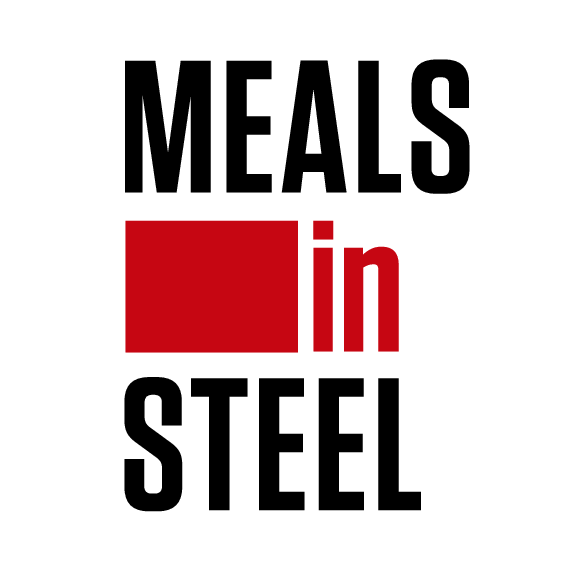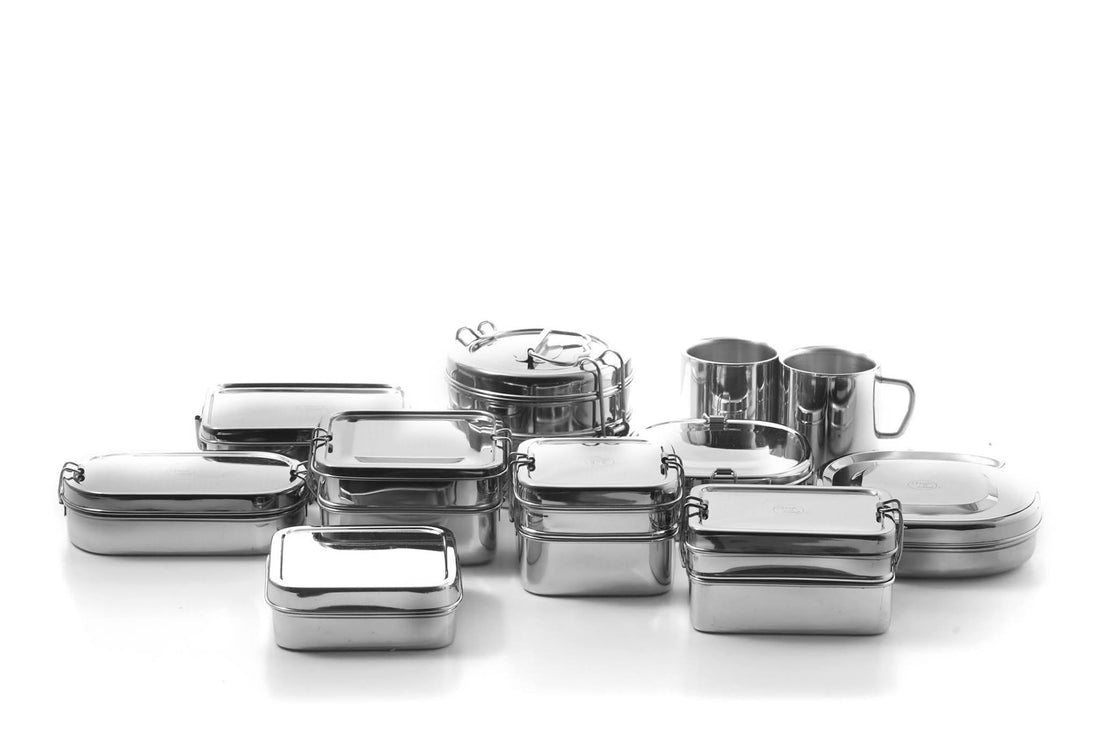The Hazards of Plastic Food Storage
Have you ever heard the saying, "you are what you eat"? What if that statement held more truth than we realize? The containers we use to store our food may pose risks to our health and the environment. In this article, we will explore the dangers associated with plastic food storage and alternatives that can help keep our food safe.
Plastic Containers and Health Risks
Currently, plastic and polystyrene containers are widely used for storing and carrying food, including hot meals from takeaways and restaurant leftovers. Unfortunately, these containers can release toxic substances like Bisphenol-A (BPA) into our food and bodies. BPA has been linked to cancer and other serious illnesses, prompting many people to seek BPA-free alternatives.
The Pitfalls of BPA-Free Plastics
While BPA-free products are often perceived as a safer option, they may still pose risks. Many of these products contain other chemicals that behave similarly to BPA, leaching into our food and drinks. These chemicals can mimic estrogen in the body, increasing the risk of cancer, diabetes, obesity, and reproductive problems. Even products labeled as BPA-free have been found to release chemicals mimicking estrogen, as highlighted in a comprehensive study of 455 plastic products.
Environmental Impact
The environmental impact of plastic food storage cannot be ignored either. Plastic containers can take up to 500 years to decompose, contributing to pollution and harming ecosystems. It is essential to consider sustainable alternatives that reduce our environmental footprint.
Safer Alternatives
In light of these concerns, it is crucial to explore safer options for food storage. One alternative is stainless steel containers provided by Meals in Steel. Their food-grade, high-quality stainless steel lunch boxes, mugs, and bottles offer a reliable solution to keep your food safe while reducing your exposure to harmful substances.
Choose safer alternatives for a healthier you and a cleaner environment!

